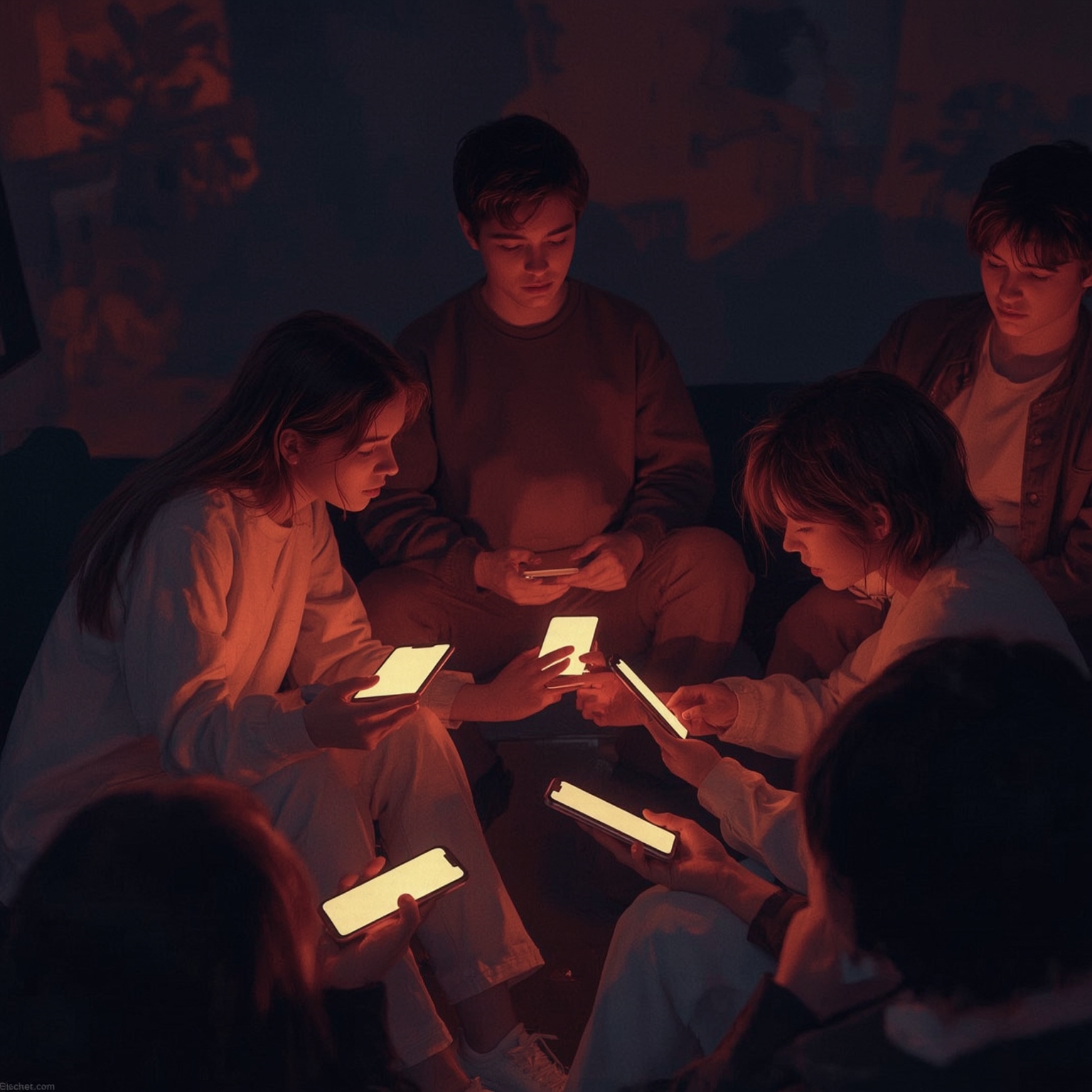Imagine a stranger approaching you unexpectedly, uttering the simple yet disarming words, “May I meet you?” Your immediate reaction might vary dramatically depending on temperament or social conditioning. Perhaps you would recoil instinctively, choosing to walk briskly in the opposite direction. Or, bewildered by such a direct approach, you might simply freeze, your mind scrambling to decipher whether it is a polite request or an odd intrusion. Alternatively, some might accept the moment as an opportunity—to engage, to converse, to rediscover the delicate art of human dialogue that so often feels lost in our age of screens and swipes.
This small and almost cinematic interaction has recently taken center stage in an unlikely context thanks to billionaire investor Bill Ackman. The Pershing Square CEO ignited widespread discussion after suggesting that young men might consider introducing themselves to women in public using precisely that understated question. What could have been dismissed as a throwaway notion instead became a viral moment. Almost immediately, the internet gave his idea the full ‘meme treatment,’ with countless users playfully reimagining the scenario. Yet amid the humor, others expressed genuine admiration, contending that Ackman’s old-fashioned appeal to human connection carried a timely message. (His complete post remains viewable on X.) Business Insider’s Katie Notopoulos even weighed in, proposing ways Ackman might refine or “spruce up” his conversational pitch.
When examined beyond its surface-level humor, Ackman’s advice reflects something far more profound: a yearning for renewed person-to-person interaction. That aspiration points directly toward one of the most pressing social issues of our era—the mounting loneliness epidemic. In May 2023, then–U.S. Surgeon General Dr. Vivek Murthy formally warned that loneliness poses grave health risks, echoing earlier studies linking social isolation to increased rates of depression, cognitive decline, and even premature mortality. Yet in the two years following his public admonition, many observers agree that society appears no closer to identifying a definitive remedy. Technological progress, particularly the surge of AI-powered companions designed to mimic emotional reciprocity, has paradoxically complicated rather than solved the problem. While these tools may soothe momentary solitude, they risk deepening the divide between authentic communion and artificial simulation.
Nevertheless, amid this challenge, an intriguing solution appears to be emerging on the horizon. The concept of “social prescribing” has begun to gain momentum within the medical and public health communities. This innovative strategy involves physicians and healthcare professionals directing patients not toward pharmaceuticals but toward community-based experiences—activities that promote engagement, such as participating in a neighborhood dance class, volunteering at a local garden, or joining a reading circle at the library. As Business Insider’s Amanda Hoover has reported, this model encourages individuals to rebuild social networks while simultaneously improving their mental and physical well-being.
For some, the notion of receiving what amounts to a doctor’s note to attend parties or social meetups might sound whimsical—even absurd. Yet a growing body of evidence lends it credibility. Although the practice remains relatively novel in the United States, one notable early advocate, Art Pharmacy, launched in 2022 to champion the movement domestically. Across the Atlantic, however, the United Kingdom has for decades incorporated social prescribing into its healthcare system. There, the results are striking enough to inspire optimism. A 2024 study estimated that for every dollar invested in such programs, society could reap an impressive $4.43 return through outcomes such as reduced hospital admissions, enhanced employment rates, and an overall improvement in community vitality. In essence, fostering genuine social bonds may not only heal hearts but also strengthen economies.
This shift toward prioritizing human connection will not occur overnight. It will demand patience, experimentation, and cross-generational participation. Still, the trend is unmistakable: people of every age group—and of every social or financial background—are rediscovering the simple joy of being present together without the mediation of screens. Consider, for instance, a recent report shared by my colleague Amanda Yen, representing Generation Z, and senior tech correspondent Melia Russell, a millennial. They both attended one of Andrew Yang’s increasingly popular “Offline” parties—social gatherings where attendees must surrender their phones at the door. Deprived of digital distraction, guests found themselves compelled to talk, to laugh, and to listen with full attention. The absence of devices created a space brimming with spontaneity and wit. Amanda recounted one particularly memorable exchange: “I mentioned that I was a journalist covering the event, and a man jokingly asked, ‘Are you going to write that you met your future husband Kamal here?’” The line, playful but sincere, perfectly encapsulated the spirit of these events—unguarded humor blossoming from authentic face-to-face contact.
In the end, what began as a billionaire’s casual suggestion about introducing oneself to strangers has evolved into a deeper, more urgent reflection on the state of modern isolation. Whether through structured interventions like social prescribing or through grassroots moments of connection at phone-free parties, one truth remains constant: our collective well-being depends on our capacity to engage with one another as human beings, not as profiles or avatars. Amid a world increasingly mediated by technology, the call to simply say “May I meet you?” feels almost revolutionary—and perhaps, just perhaps, it is precisely the invitation our lonely society has been waiting for.
Sourse: https://www.businessinsider.com/bi-today-newsletter-bill-ackman-one-liner-dating-advice-2025-11



